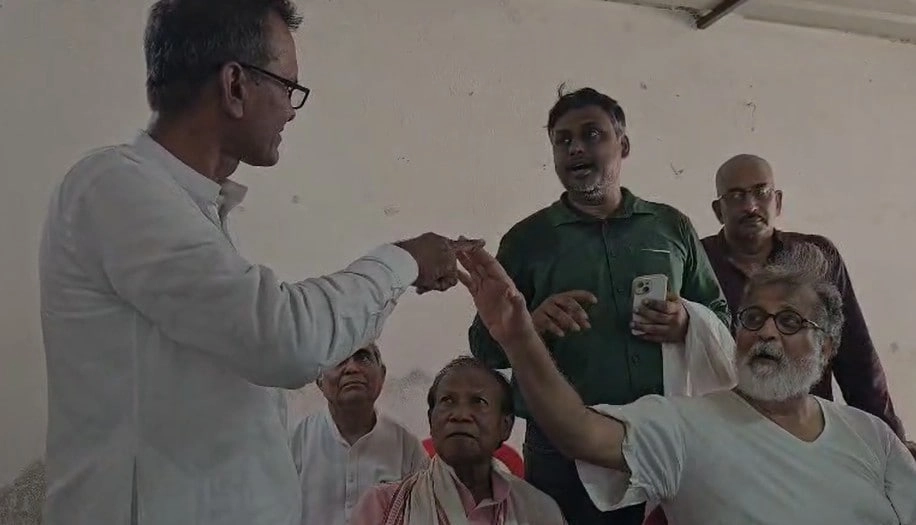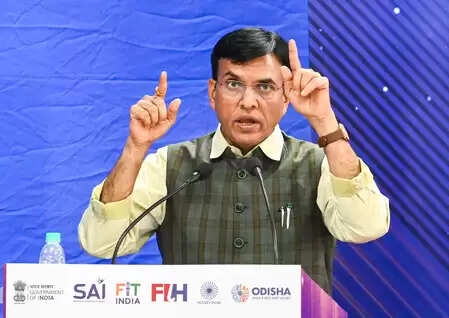Tushar Gandhi, the great-grandson of Mahatma Gandhi, recently commented on the ongoing controversy in Champaran, Bihar, which has drawn parallels to the historical struggles led by his ancestor against British colonial rule. The reference to the British stopping Gandhiji evokes memories of the Champaran Satyagraha of 1917, where Mahatma Gandhi led a non-violent movement against the oppressive practices imposed on the local farmers by British indigo planters. Tushar Gandhi’s remarks highlight the enduring legacy of his grandfather’s fight for justice and the ongoing struggles faced by the people of Champaran and similar regions in contemporary India.
The situation in Champaran has arisen from recent events that have sparked public outcry, reminiscent of the injustices Mahatma Gandhi sought to rectify. Tushar Gandhi emphasized the need for society to remain vigilant against oppression, drawing attention to how historical lessons should inform current actions and responses. He reiterated that the spirit of resistance against unjust authority is timeless and that the values of truth and non-violence, championed by his grandfather, must continue to inspire new generations in their fight for rights and justice.
In his statements, Tushar Gandhi also called for a reflection on the socio-political dynamics in Bihar and the necessity for a unified stand against any form of oppression. The events unfolding in Champaran serve as a reminder that the struggle for justice is an ongoing journey, requiring both historical awareness and active participation in the present. He urged the people to channel their grievances into constructive action, much like the way his grandfather mobilized the masses against colonial rule. The legacy of Gandhiji remains a powerful motivator for those who seek to challenge injustices and advocate for a more equitable society.
Through his comments, Tushar Gandhi not only honors his grandfather’s memory but also reinforces the relevance of Gandhian principles in today’s socio-political landscape. The lessons learned from the Champaran Satyagraha continue to resonate, illustrating that the fight against inequality and injustice is not confined to the past but is a crucial part of the present and future. As the people of Champaran navigate their challenges, the call to remember and embrace the values of non-violence and truth remains as vital as ever.




